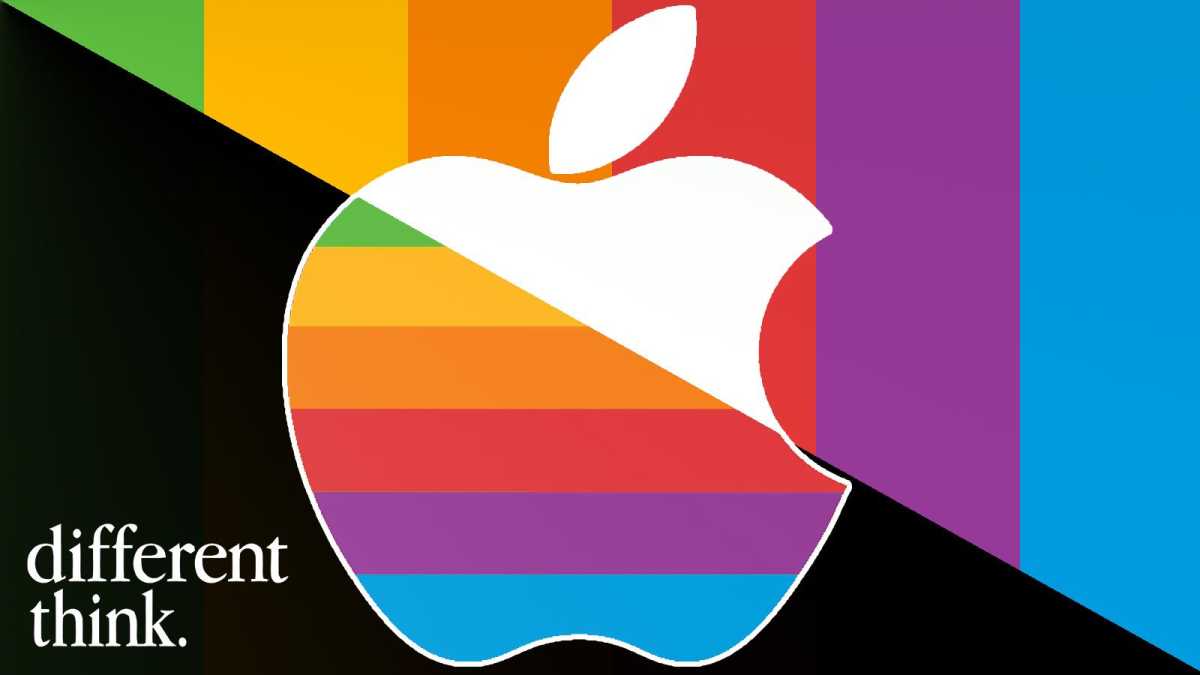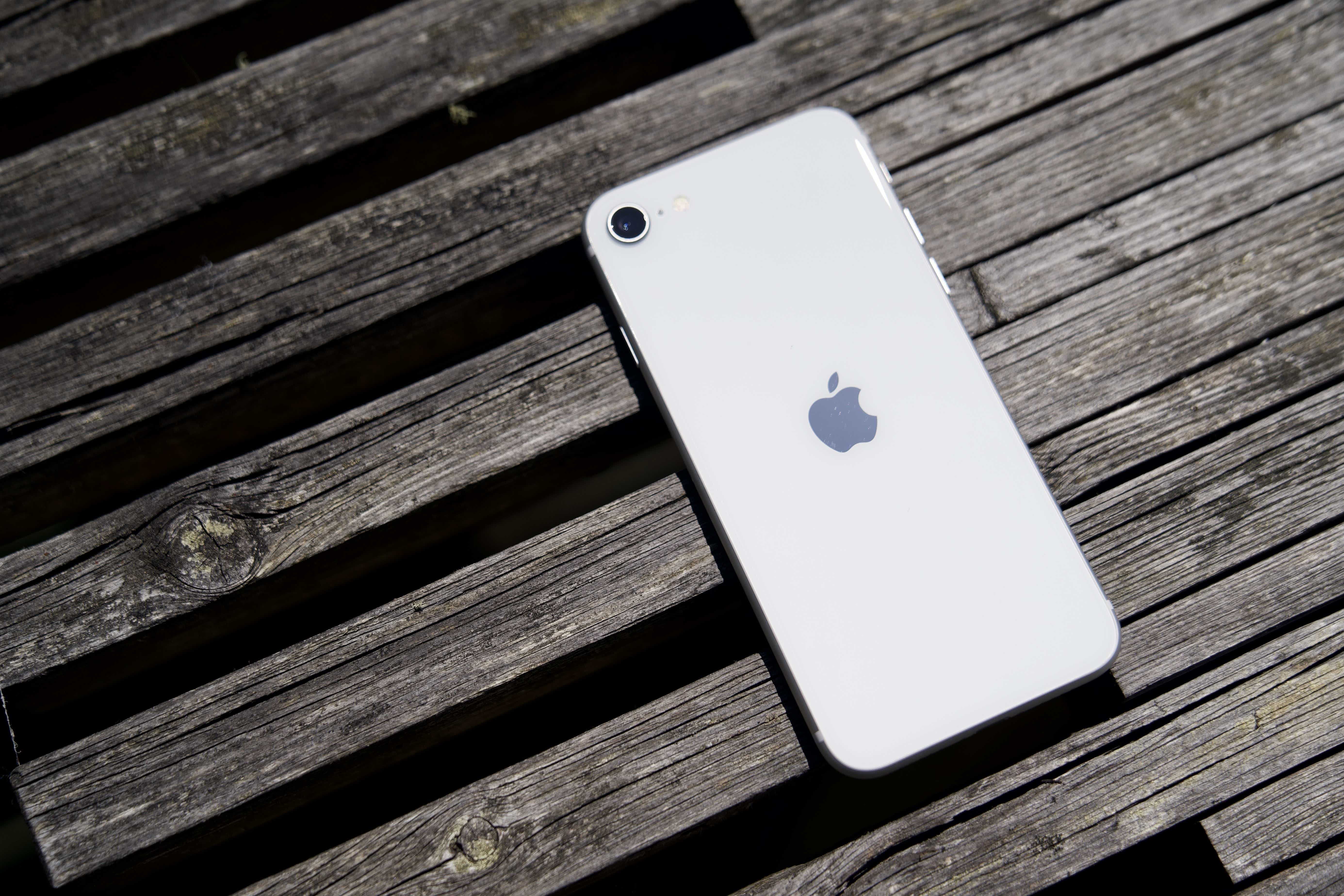Apple’s marketing department knows the power of surprise, and the company’s secrecy is the stuff of legend. But there’s also a lot to be said for gossip. As Oscar Wilde almost said, the only thing worse than people leaking information about your upcoming product launch is people not leaking information about your upcoming product launch.
I don’t buy the conspiracy theory that companies like Apple and Samsung leak their own stuff in order to get people talking, but I’m sure they enjoy the healthy publicity of a few rumors. If pundits and influencers are tweeting excitedly about the ins and outs of your next phone, that’s good PR you don’t need to pay for. It’s good to be part of the conversation.
Hype is a delicate flower, though, and it can be killed by too much water just as much as by not enough. (In this metaphor water represents online rumors.) A couple of enigmatic hints about the MacBook Air’s new design whets the appetite and makes the mouth water; wall-to-wall reports about which auto manufacturer will partner with Apple for Project Titan kills the appetite and produces mild nausea. (In this metaphor nausea represents an unwillingness to click on rumor articles.)

IDG
Rumors work better with products with a short and relatively predictable development cycle: the iPhone, for example. We don’t need rumors to know roughly when the next flagship iPhone will come out, so around the turn of the year things ramp up gradually to a crescendo in the autumn. It’s exactly how the Cupertino marketing department would arrange things given the choice… and maybe that conspiracy theory has something to it.
But for longer development cycles, rumors are counterproductive to customer interest. Only this week, for example, we heard that the long-awaited foldable iPhone has been pushed back to 2025 or later, and while Apple sites dutifully reported the news–we must all take our share of responsibility here – I’m convinced that readers don’t care, and will care even less when and if the device finally appears. (On this site we led on the angle that Apple is working on a foldable MacBook, which is at least a novel idea.)
This reporter can’t be the only one utterly bored by the Apple Car saga. Or by Apple’s AR glasses, which never seem to get any closer. After a certain point, you switch off, and assign it to the category “Don’t care, and never will.”
Living up to the hype
Tim Cook won’t be crying into his $99 million paycheck–product sales are doing very nicely, thank you–but the ubiquity and relative accuracy of pre-launch rumors has changed the nature of Apple’s events. Long gone are the days when Steve Jobs could slide a MacBook Air out of a manila envelope to gasps of genuine surprise. Slightly depressingly, we almost certainly know all the products that will be announced at the upcoming spring event, and very likely the ones coming at WWDC and the rest of the year too.

When the iPhone SE 3 launches next month it won’t be a surprise to anyone.
For all the company’s financial success, Apple fans exist in a perpetual state of disappointment. A product enters development; details leak from a careless or disgruntled Apple engineer, or from the hardware supply chain; designers start to create concept illustrations; and a pretty narrative forms, long before the device hits shelves, of what it’s going to look like and do. The media being what it is, the narrative is inevitably the most exciting version of what’s possible. Everyone believes what they want to believe.
This means Cook’s team ends up either announcing a product that the audience knows about in advance–and what’s more disappointing than predictability? Or, as we saw with the Apple Watch Series 7, the rumors are wrong and the device is far less exciting than we thought. (Oddly it never seems to work in reverse. The rumors never claim it’ll be a more minor upgrade than it actually is.) Apple, of course, never said the Series 7 was going to be a game-changer, but it’s trying to live up to a narrative written by other people.
We’ve already seen images of fantastical Apple Cards, folding phones, and Apple glasses. In our minds, those products are real so when the reality of the thing lands, it’ll inevitably fall short of our expectations. Imagine if there had been years of iPhone renders without giant bezels or a tiny screen. It probably wouldn’t have hit with quite the same impact.
I can’t promise to stop writing news stories about Apple rumors. But I will say this: if the conspiracy theory is true and Apple has been putting out these endless rumors, it ought to think carefully about the dangers of killing the golden goose. (And in this metaphor, the goose represents my waning ability to care.)



